
Eye to Eye: Assessing the Real Impact of AI to Field Sales
A sales rep knocks once, armed with real-time insights, a pitch shaped by behavior data, and a route calculated to the second. While they’re closing, their CRM updates, objections are preempted, and the next-best lead is already queued. That’s not tech for tech’s sake. That’s field sales in 2025. The clipboard’s dead. Gut instinct is now guided by pattern recognition.


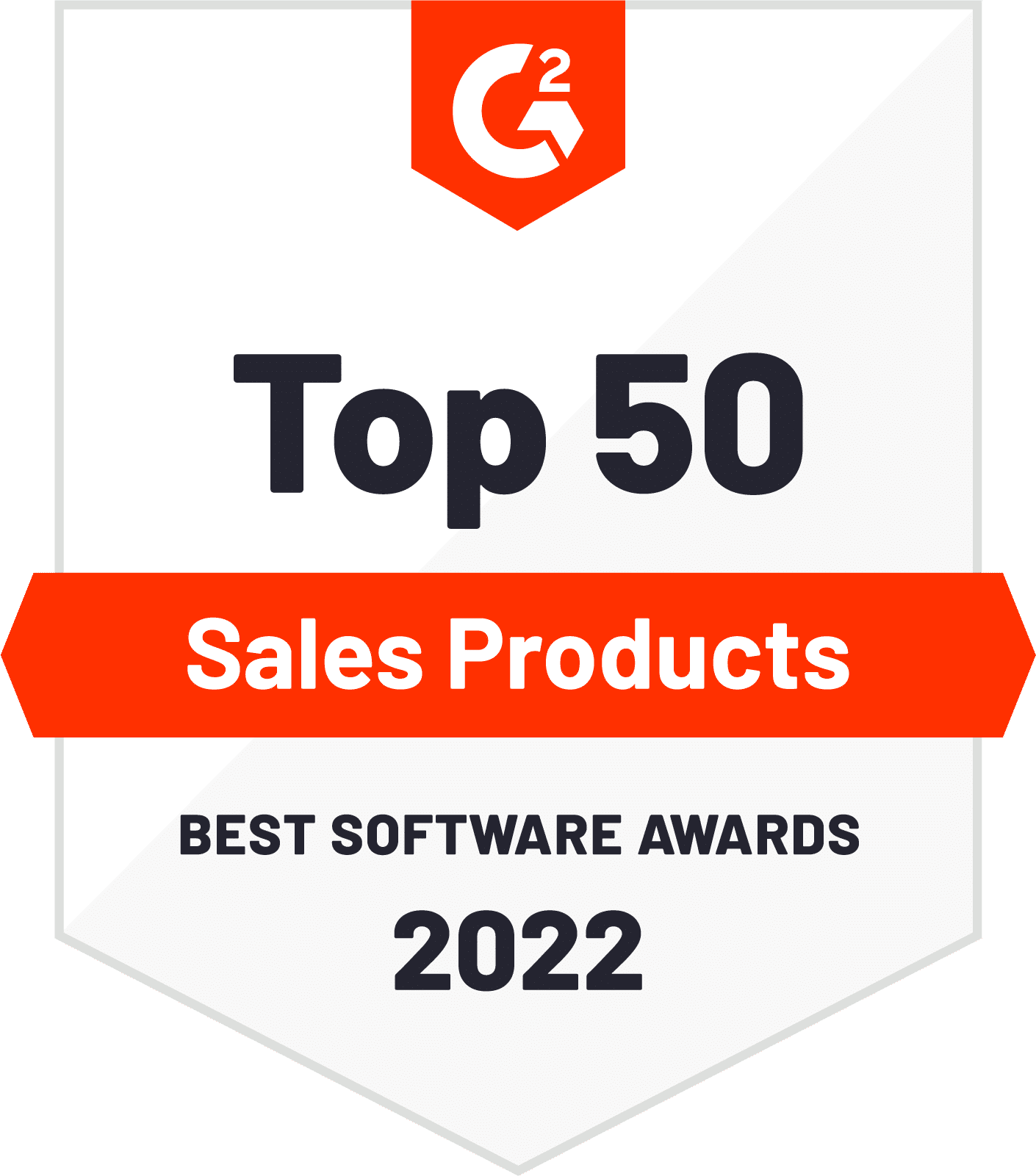
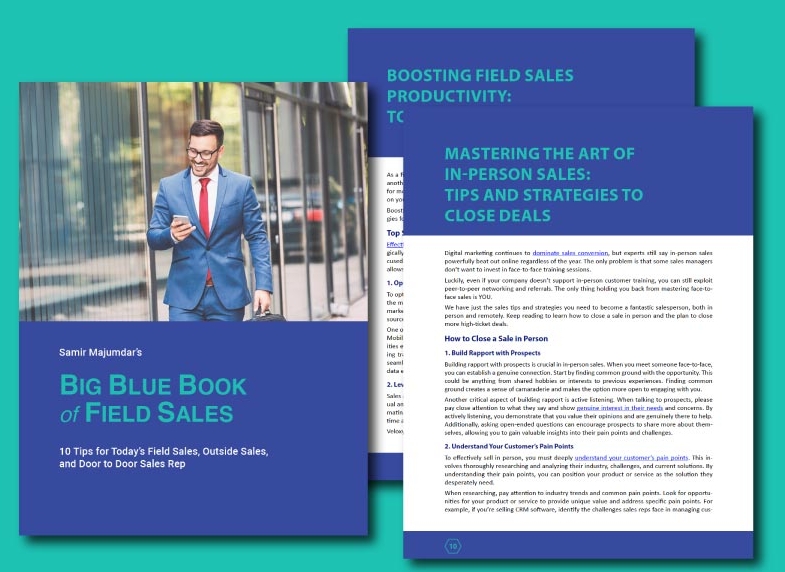


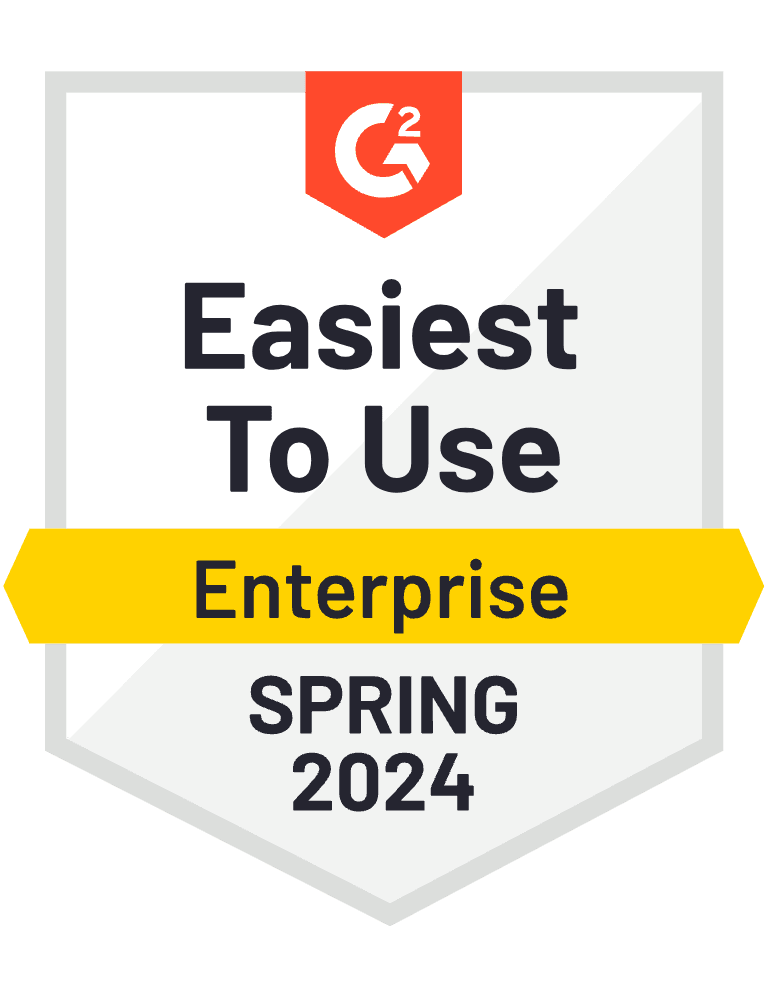
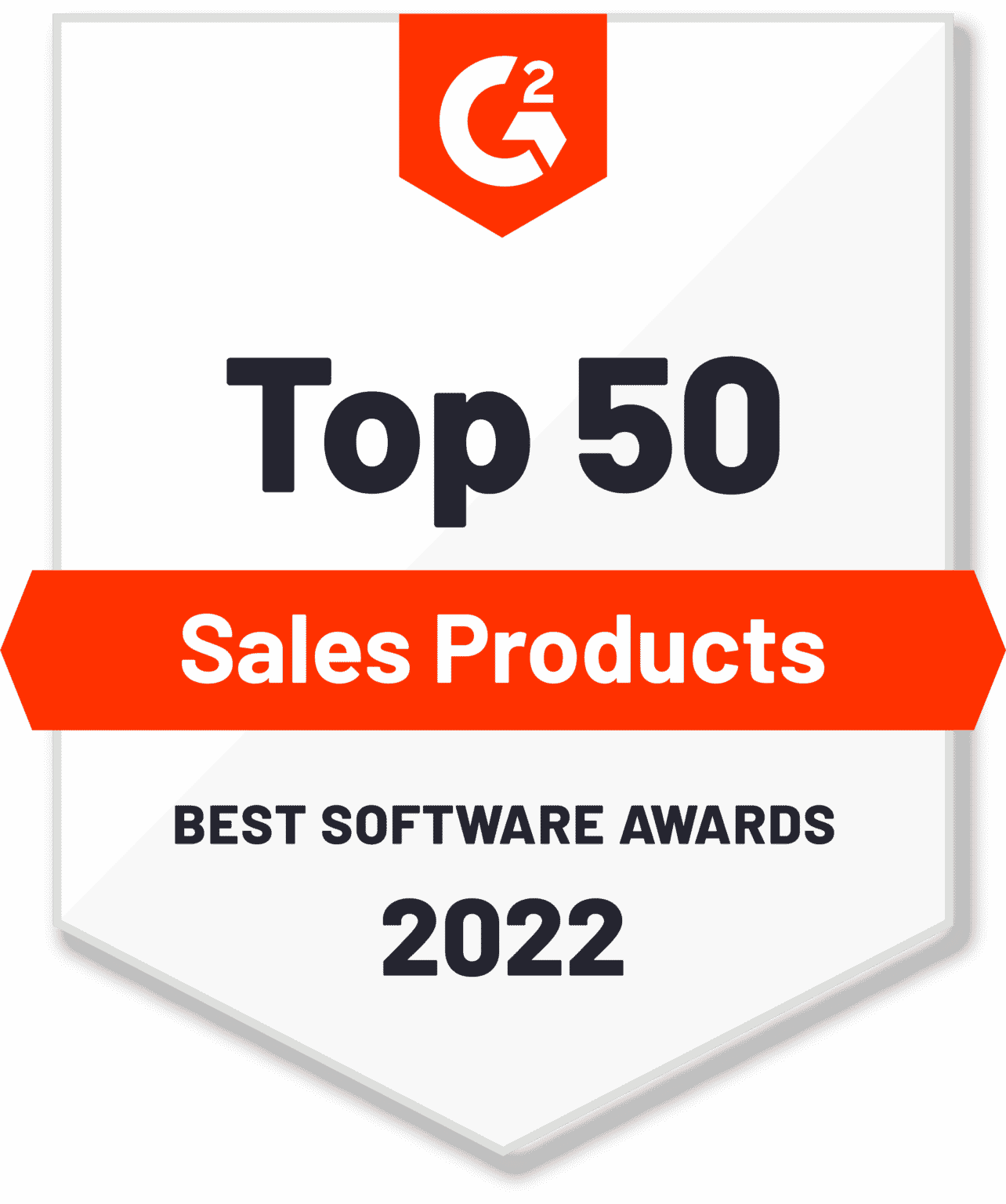


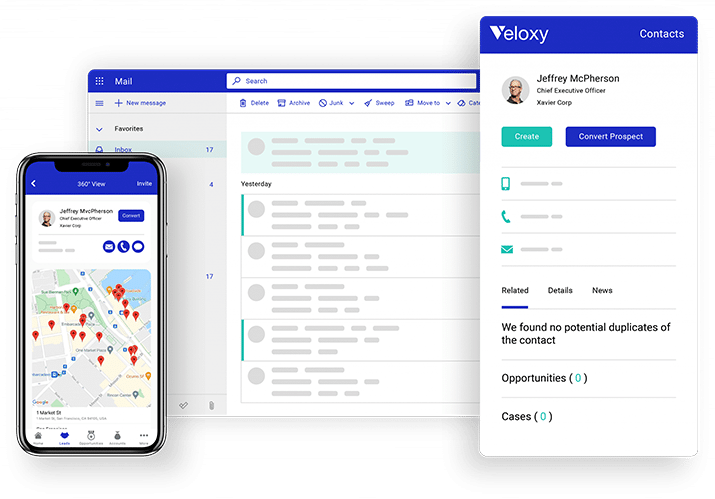
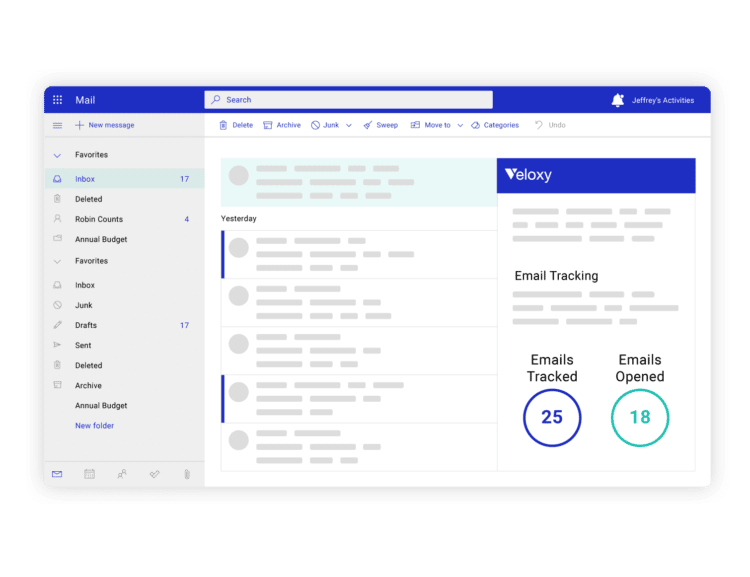





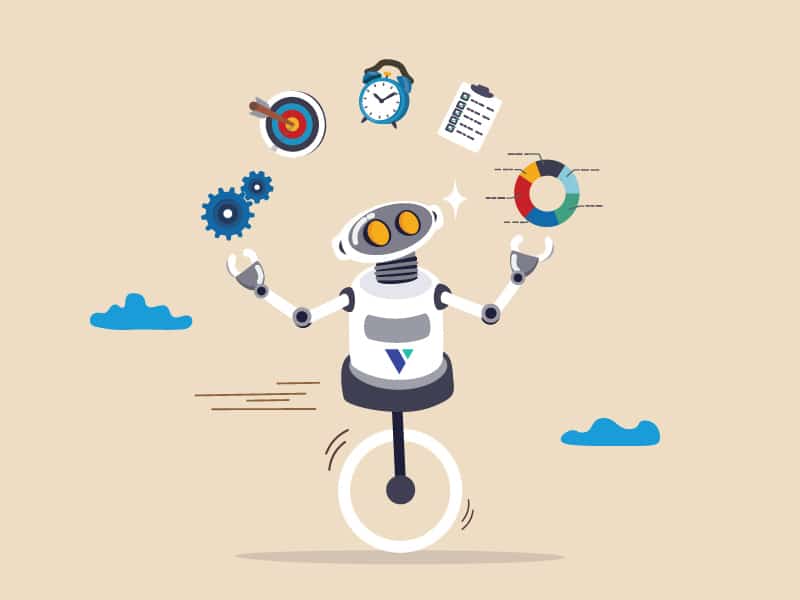

Have you looked into the eyes of your sales teams lately, and they seem lost? Honestly, it makes sense.
The rapidly changing world of sales and e-commerce means that it’s really hard to grasp the most effective ways to improve and streamline sales processes.
How can you effectively manage new and existing clients while boosting your revenue?
The answer lies in Sales Artificial Intelligence!
By leveraging advanced AI tools for sales, you can transform your sales approach, enhance customer engagement, and drive significant business growth.
Join me as we take a deeper look into how AI sales features can improve your prospects, optimize your strategies, and provide the change you’ve been looking for in your sales operations.
Understanding AI for Sales
Artificial intelligence sales tools use advanced technologies to improve the sales process. It involves integrating AI technologies into your sales operations to make them more efficient and effective.
AI can analyze data, predict trends, and provide insights that help you make better decisions. It’s not about replacing your sales team but enhancing their capabilities. By using AI, you can automate repetitive tasks, allowing your team to focus on building relationships and closing deals.
As a CEO or Sales Executive, you’re always looking for ways to stay ahead of the competition. AI for sales (and marketing) offers a unique advantage. With AI, you can gain deeper insights into your customers’ needs and preferences.
This allows you to tailor your approach and improve your chances of success. AI tools for sales can also help you identify new opportunities, optimize your sales strategies, and track performance in real time. This level of insight is invaluable for making informed decisions that drive growth.
Break Down All Sales Barriers
Reduce boring workloads and focus on strategic activities that close deals with a Top 50 Sales AI.
The Role of AI Tools in Sales
AI tools come in many forms, each designed to address different aspects of the sales process. Some tools, like Salesforce Einstein, focus on customer relationship management (CRM), helping you keep track of interactions and manage customer data.
Others use machine learning and predictive analytics to forecast sales trends and identify potential leads. AI sales agents and chatbots can handle routine inquiries, freeing up your team to focus on more complex tasks.
Boosting Sales with AI
I think one of the biggest benefits of sales artificial intelligence is its ability to boost sales. AI can help you generate high-quality leads by analyzing data and identifying patterns.
This means you can focus your efforts on prospects that are more likely to convert. AI can also improve your team’s sales strategies by providing insights into customer behavior and preferences.
This allows you to personalize your approach and increase your chances of success.
AI can also streamline your sales processes, reducing the time it takes to close deals and increasing your overall efficiency.
Generating Revenue Through AI
AI-powered sales tools can also help you generate more revenue. By identifying new opportunities and optimizing your sales strategies, you can increase your conversion rates and grow your business. And it’s all about conversion rates, right?
AI tools can help you understand your customers better, allowing you to offer products and services that meet their needs. This not only boosts sales but also enhances customer satisfaction and loyalty.
And I’ve found that AI can be super helpful in helping retain existing customers by predicting their needs and providing proactive support.
Achieving Business Growth with AI
I know what you’re thinking. Are AI sales tools just about immediate gains?
Nope, they’re about long-term growth. By integrating AI into your sales operations, you can create a scalable and flexible system that adapts to changing market conditions.
AI can help you plan for the future by providing insights into market trends and customer behavior. So you can stay ahead of the competition and ensure your business continues to grow.
Plus, measuring success is also easier with AI! You can track performance in real-time and make data-driven decisions that drive continuous improvement.
Types of AI Sales Tools
AI tools come in various forms, each tailored to different aspects of the sales process. One of the most common types is the AI-powered Customer Relationship Management (CRM) system, like Veloxy and Salesforce AI.
These systems help you manage your interactions with customers and store valuable data about them. They can track emails, calls, and meetings, ensuring you have a complete view of your relationship with each client.
Another essential AI tool is predictive analytics. This tool analyzes historical data to predict future sales trends and identify potential leads. It helps you focus your efforts on the most promising prospects, increasing your chances of success.
AI salespersons and virtual assistants are also all the rage. They handle routine inquiries and tasks, freeing up your sales team to focus on more complex and high-value activities.
Key Features and Benefits
AI tools offer several features and benefits that can transform your sales operations. One of the main benefits is the automation of repetitive tasks. AI can take over tasks like data entry, scheduling, and follow-up emails.
This allows your sales team to focus on building relationships and closing deals. Another key feature is enhanced customer insights. AI tools analyze customer data to provide you with a deeper understanding of their needs and preferences.
This enables you to personalize your sales approach, making your interactions more effective.
We also use AI tools to improve lead scoring and prioritization. They analyze various factors to determine which leads are most likely to convert.
This helps sales teams focus on high-potential prospects, improving conversion rates.
Enhancing Lead Generation
At this point, you’re probably wondering how AI tools can help with lead generation. Great question.
They analyze data from various sources to identify high-potential leads. This means you spend less time on cold calls and more time on leads that are likely to convert.
AI tools can also qualify and nurture leads automatically. They track interactions and provide personalized content to keep prospects engaged. This ensures that leads are well-informed and ready to make a decision when they reach out to your sales team.
Improving Sales Strategies
AI tools can improve your sales strategies, too. They provide data-driven insights that help you make informed decisions.
For instance, AI can analyze customer behavior to identify patterns and trends. This information allows you to tailor your sales pitches and marketing campaigns to match customer preferences.
Personalized messaging is more effective, as it speaks directly to the needs and desires of your prospects. AI tools can also help you optimize your pricing strategies. They analyze market trends and competitor data to recommend the best pricing for your products or services.
Streamlining Sales Processes
AI tools can be game-changers for improving efficiency in your sales operations. They streamline your sales processes, helping you allocate resources more effectively and focus your team on high-priority tasks.
They help you allocate resources more effectively, ensuring that your team is focused on the most important tasks. AI can also reduce the time it takes to close deals.
By providing real-time insights and recommendations, AI tools enable your sales team to make quick, informed decisions. This accelerates the sales cycle and increases your team’s overall efficiency.
AI tools can also help you track performance. They provide detailed reports and dashboards that show how your sales team is performing. This helps you identify areas for improvement and make necessary adjustments.
Increasing Conversion Rates
AI tools are also essential for increasing your conversion rates. They optimize customer interactions by providing real-time guidance to your sales team. That way your team is always prepared to handle objections and close deals.
Of course, it’s a two-way street, and the customer wants their needs met, too. AI tools also help you understand customer needs better. They analyze customer data to provide insights into what your customers are looking for.
This allows you to tailor your offerings and make your sales pitches more compelling. In turn, this increases your chances of closing deals and growing your revenue.
Generating Revenue Through AI
We also recommend AI as a powerful tool for identifying new opportunities. It analyzes market trends and customer behavior, revealing areas where your business can expand.
This means you can discover new markets, products, or services that align with customer needs. With AI, you’re not just relying on gut feeling. You’re making informed decisions based on data.
This can lead to new revenue streams and significant growth for your business. By understanding market trends and customer preferences, you can stay ahead of the competition and continually adapt to changing conditions.
Enhancing Customer Retention
We all know that keeping your existing customers is just as important as finding new ones. AI can help you enhance customer retention by predicting customer behavior and providing proactive support.
It analyzes past interactions to identify patterns and predict future needs. This means you can anticipate customer issues and address them before they become problems.
AI tools can also personalize your interactions with customers, making them feel valued and understood. By providing a higher level of service, you build trust and loyalty, which leads to long-term customer relationships.
Optimizing Cross-Selling and Upselling
AI can also optimize your cross-selling and upselling strategies. It analyzes customer data to identify products or services that complement their past purchases.
This means your AI-empowered sales team can make personalized recommendations that are more likely to be accepted. When customers feel that your recommendations are tailored to their needs, they’re more likely to buy additional products or services.
This not only increases your revenue but also enhances the customer experience. By offering relevant suggestions, you show that you understand your customers and care about their needs.
Boosting Sales Efficiency
AI tools boost sales efficiency by automating routine tasks and providing real-time insights. This allows your sales team to focus on high-value activities, such as building relationships and closing deals.
AI can handle data entry, scheduling, and follow-up emails, freeing up your team to focus on more strategic tasks. Real-time insights help your team make informed decisions quickly, reducing the time it takes to close deals. This increases overall productivity and allows your team to handle more leads in less time.
Use the Revenue Growth Calculator
Curious how Sales AI can improve sales productivity metrics and generate 2X more revenue in 2024? Use our calculator now!
Use the CalculatorReducing Costs
AI can also help reduce costs in your sales operations. By automating routine tasks, you can reduce the need for administrative support. This means you can allocate more resources to high-value activities that drive revenue.
AI tools also help you make more informed decisions, reducing the risk of costly mistakes. When you have accurate data and real-time insights, you can make decisions that optimize your resources and improve your bottom line. By reducing costs and increasing efficiency, AI helps you achieve better financial performance.
Enhancing Decision-Making
Ever feel like your team suffers from decision fatigue? Well, AI provides valuable insights that enhance decision-making at all levels of your organization. It analyzes data from various sources and presents it in an easy-to-understand format.
This means you can make data-driven decisions that are more likely to succeed. AI tools can also provide predictive analytics, helping you anticipate future trends and plan accordingly.
This proactive approach allows you to stay ahead of the competition and adapt to changing market conditions. By making informed decisions based on real data, you can achieve better outcomes and drive business growth.
Achieving Business Growth with AI
AI offers scalability and flexibility that are essential for business growth. As your company grows, your sales processes need to adapt. AI tools can easily scale with your business, handling more data and more customers without a hitch.
This means you can expand your operations without worrying about overloading your systems. Your sales team can focus on what they do best while AI takes care of the rest.
Flexibility is also a key advantage. AI tools can adapt to changing market conditions and customer needs. This ensures that your sales strategies remain effective, no matter how the market shifts.
Long-Term Strategic Planning
Integrating AI into your business strategies can help with long-term planning. AI provides valuable insights into market trends and customer behavior. This information allows you to plan for the future with greater accuracy.
You can identify emerging trends and adjust your strategies accordingly. This proactive approach helps you stay ahead of the competition and ensures that your business continues to grow.
AI tools can also help you set realistic goals and track your progress. This means you can make data-driven decisions that support your long-term objectives.
Measuring Success
I think there’s no arguing that measuring success is easier with artificial intelligence. AI tools provide real-time data and analytics, allowing you to track your performance accurately. You can monitor key performance indicators (KPIs) and see how your sales team is performing.
This helps you identify areas for improvement and make necessary adjustments. AI tools also offer detailed reports and dashboards that give you a comprehensive view of your sales operations.
This transparency is essential for making informed decisions and ensuring that your strategies are working. By regularly evaluating your performance, you can achieve continuous improvement and drive business growth.
Enhancing Team Performance
AI can significantly enhance your sales team’s performance. By automating routine tasks, AI frees up your team to focus on high-value activities. This increases productivity and allows your team to handle more leads.
AI tools also provide real-time feedback and coaching, helping your team improve their skills. This leads to a more competent and confident sales team.
AI can also reduce burnout by taking over repetitive tasks. This means your team can focus on what they do best, leading to higher job satisfaction and better performance.
Driving Innovation
AI drives innovation by providing new ways to approach sales and customer service. AI tools can analyze large amounts of data to identify patterns and trends that might not be obvious. This can lead to new strategies and ideas that drive business growth.
By embracing AI, you’re positioning your business at the forefront of technological advancements. This not only helps you stay competitive but also attracts top talent who want to work with cutting-edge technology. Innovation is key to long-term success, and AI provides the tools you need to foster it.
Implementing AI Sales Solutions
Adopting AI sales solutions involves a few key steps. First, you need to assess your business needs. Identify the areas where AI can make the most significant impact. This might include lead generation, customer engagement, or sales forecasting.
Once you know your needs, you can choose the right AI tools. Look for solutions that align with your goals and integrate well with your existing systems. It’s important to involve your sales team in this process.
They need to understand how AI will help them and be comfortable using the new tools. Provide training and support to ensure a smooth transition.
Be sure to read Dejan Dekic’s list of Sales AI tools!
Overcoming Challenges
Implementing AI sales solutions comes with challenges. One common challenge is resistance to change. Your sales team might be hesitant to adopt new technology.
Address this by highlighting the benefits of AI.
Show how it can make their jobs easier and more effective. Another challenge is data quality. AI relies on accurate data to function correctly. Ensure your data is clean and well-organized before implementing AI tools.
You might also face technical issues. Work with experienced vendors who can provide ongoing support and help resolve any problems quickly. By addressing these challenges head-on, you can ensure a successful implementation.
Best Practices
Following best practices can help you get the most out of your AI sales solutions. Start by aligning AI with your business goals.
Clearly define what you want to achieve and how AI can help. This keeps your efforts focused and ensures you’re using AI effectively. Regularly evaluate your AI tools and strategies.
Look at what’s working and what isn’t, and make necessary adjustments. Keep your sales team involved throughout the process.
Their feedback is valuable and can help you fine-tune your approach. Provide ongoing training and support to help your team get the most out of AI tools.
Integrating AI With Existing Systems
Integration is a critical part of implementing AI sales solutions. Your new AI tools need to work seamlessly with your existing systems. This ensures a smooth workflow and prevents disruptions.
Work closely with your IT team or vendor to ensure proper integration. Test the system thoroughly before going live. This helps you identify and resolve any issues early.
Integration also involves data. Make sure your data is compatible with the new AI tools. Clean, organize, and migrate your data as needed to ensure everything works smoothly.
Measuring Success
I don’t have to tell you that measuring success is essential. It’s how you’ll be able to make sure your AI sales solutions are effective.
So, set clear metrics and goals from the start. This helps you track progress and measure the impact of AI on your sales operations.
Use AI tools to monitor performance in real time. Look at key performance indicators like lead conversion rates, customer engagement, and sales growth.
Regularly review your data and make adjustments as needed. This continuous improvement approach helps you get the most out of your AI tools and ensures long-term success.
Ensuring Team Buy-In and Training
Getting your sales team on board is vital for successful AI implementation. Communicate the benefits of AI clearly. Show how it can make their work easier and more effective. Provide hands-on training to help them get comfortable with the new tools.
Offer ongoing support to address any questions or concerns. Involve your team in the process from the start. This helps them feel invested and more likely to embrace the change. Regularly update them on the progress and successes achieved with AI. This keeps them motivated and engaged.
A World of New Sales With AI
AI for sales can transform your business by improving efficiency, enhancing customer relationships, and driving growth. By adopting AI tools and following best practices, you can stay competitive and achieve long-term success. Embrace sales AI to unlock new opportunities and elevate your sales strategies to the next level.
VeloxyIO Inc. makes AI-powered sales enablement and predictive forecasting software for Salesforce CRM. Our mission is to help Sales Reps engage in the Salesforce CRM with integrated software for sales management. Sign up for a free trial today to find out how we can help you and your team!